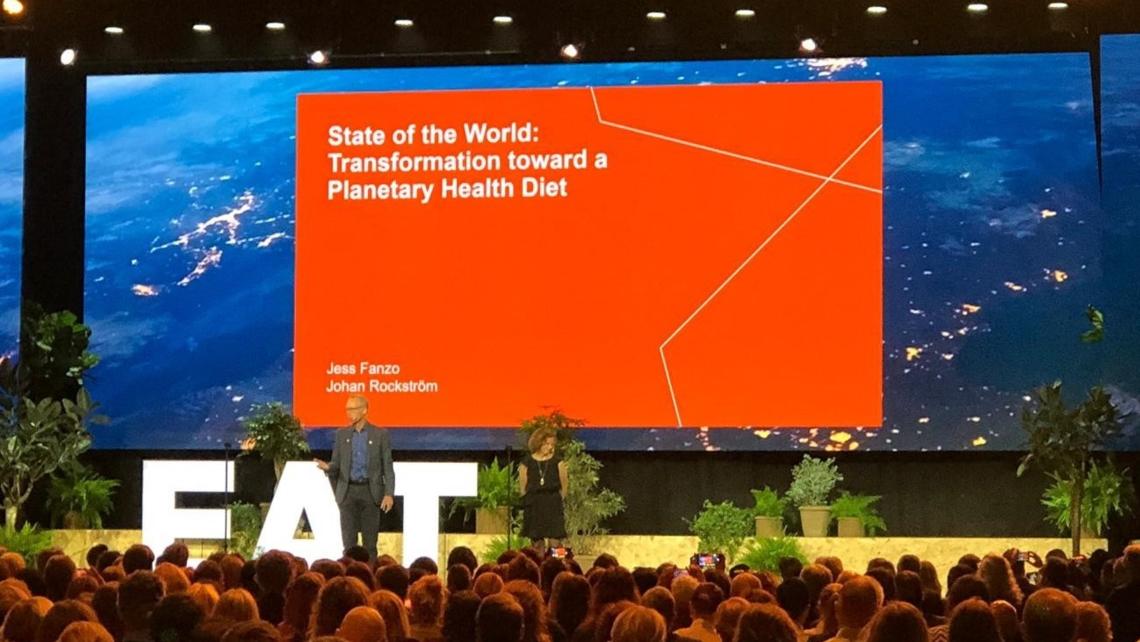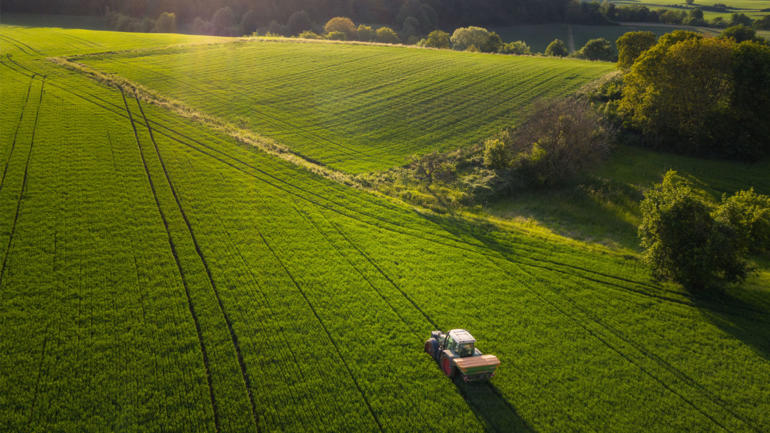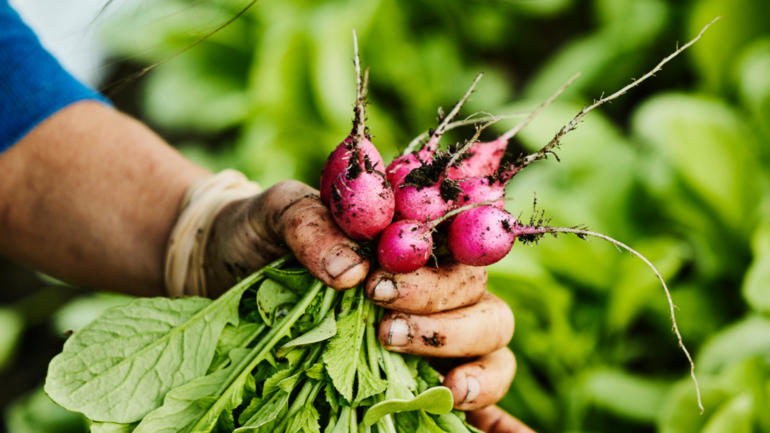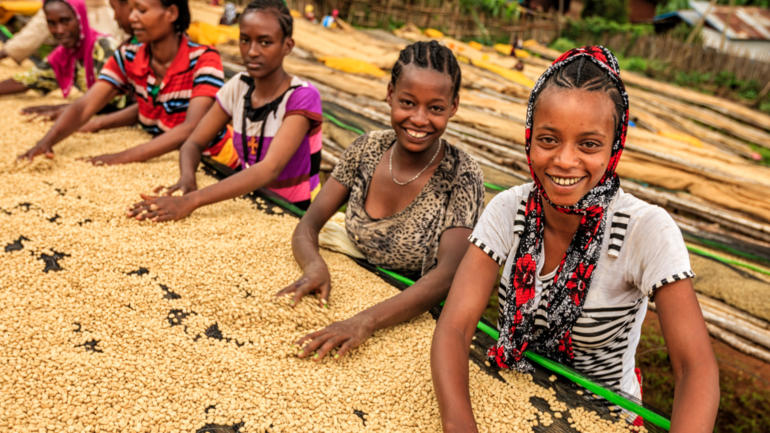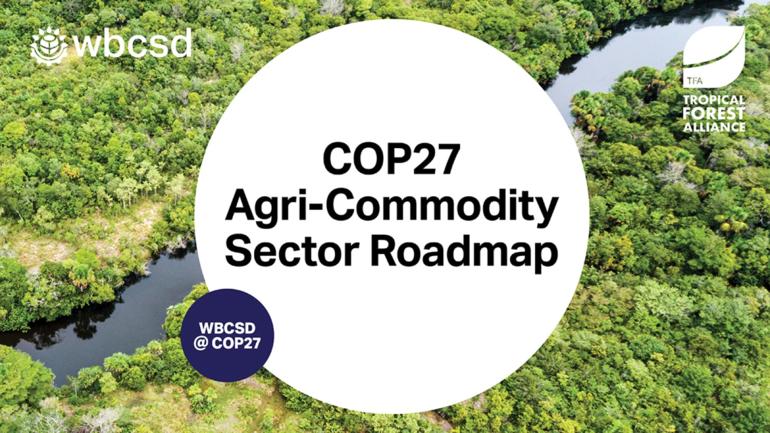Stockholm, Sweden, 12-13 June 2019 – Last week, the EAT Stockholm Food Forum brought together over 1,000 delegates from around the world. From top global leaders in science, sustainability, politics and NGOs to business, this was an event to raise awareness about three key topics: sustainable and healthy diets, biodiversity and collaboration. With more than 34 side events, this was a great opportunity for everyone to identify areas for action.
The speech of Dr Gunhild Stordalen, Founder of EAT Foundation, challenged attendees to become heroes of a brighter and better future by joining forces and scaling up efforts, as well as collaborating for a common goal and personally committing to the objective of providing nutritious food for all within planetary boundaries.
Subsequently, Professor Jessica Fanzo and Professor Johan Rockström explained how the recent EAT-Lancet Commission Report serves as a starting point for governments and industries. However, since change is inevitable, metrics will help deliver results.
Is this possible? How can we move faster and better together?
Throughout the event, the conversation was focused on the importance of collaboration; everyone is a building block in the transformation of our food system, and we need to start working together now. There are many opportunities for changes, and from farmers to CEOs, we need to roll up our sleeves to change the world in which we live today. Consumption is just a piece of the puzzle but having common targets will help us to achieve our goals better and faster.
To inspire business and organizations to lead and support the initiative on providing healthy, nutritious and affordable food to everyone, challenging people from all over the world to make this transformation a personal commitment, WHO Director-General Dr Tedros gave an update on WHO’s action plan.
As a follow up from last year, Chef’s Manifesto showed how chefs from around the world care for biodiversity, supporting people to incorporate more diverse, sustainable and delicious foods into their daily diets. Getting chefs from all over the world involved will reduce the gap between what happens from fork to farm. This year EAT’s dinner was hosted by Claus Meyer, culinary entrepreneur and food activist, and it was a great an opportunity for attendees to taste sustainable, healthy Nordic foods within the boundaries recommended by the EAT-Lancet Commission Report. There were even edible plates, showing opportunities to reduce food waste.
The World Business Council for Sustainable Development (WBCSD) took the stage throughout the event to explain how businesses are acting to lead food system transformation for greater positive impact. WBCSD’s Food & Nature-related projects, like FReSH, also led three side events – on positive nutrition, protein transformation and food loss and waste – to provide a global perspective on the challenges and opportunities the industry is facing in our journey towards healthy people on a healthy planet. Stay tuned for more information!

